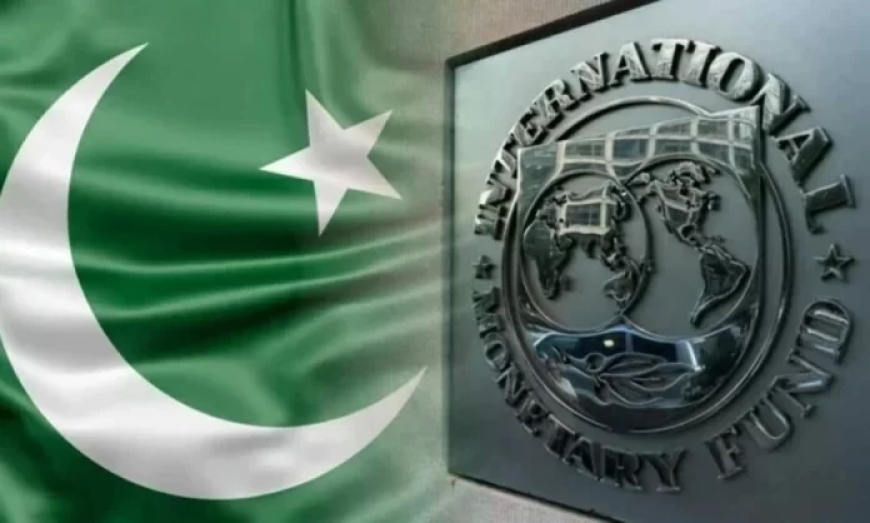Pakistan Has Paid $2.69 Billion in Interest on IMF Loans Since 2008
Pakistan has paid $2.69 billion in interest and surcharges to the IMF since 2008, highlighting the cost of external borrowing and the need for fiscal reforms.

Pakistan has paid a total of USD 2.69 billion (equivalent to SDR 1.90 billion) in interest and surcharges on loans from the International Monetary Fund (IMF) since 2008, according to data released by the Economic Affairs Division (EAD). The figures underline Pakistan’s ongoing reliance on IMF financing to manage fiscal and external pressures over the past 17 years.
Total Interest and Surcharges Paid
The report reveals that surcharges alone accounted for SDR 401.24 million, highlighting the additional cost of borrowing when disbursements exceed IMF quota limits. The combination of interest and surcharges has placed a significant burden on Pakistan’s external financing requirements, emphasizing the cost of repeated borrowing from international lenders.
Historical Overview of IMF Programmes
Pakistan has engaged with the IMF through multiple arrangements, including Stand-By Arrangements (SBA), Extended Fund Facilities (EFF), and Rapid Financing Instruments (RFI). Each programme aimed to stabilize the economy during periods of fiscal shortfalls or balance-of-payments crises.
-
2008 Stand-By Arrangement: Pakistan received SDR 4.94 billion.
-
2013 Extended Fund Facility: Interest obligations totaled SDR 543.6 million.
-
2019 Extended Fund Facility: Interest payments amounted to SDR 411.4 million.
-
2020 Rapid Financing Instrument: Interest reached SDR 110.1 million.
Cumulatively, Pakistan received SDR 17.45 billion in IMF disbursements since 2008, demonstrating the scale of international financial support over nearly two decades.
Annual Interest Burden
The highest annual interest payment was recorded in 2025, amounting to SDR 376 million, reflecting the growing cost of servicing loans as cumulative borrowings increased. Analysts note that while IMF financing provides short-term relief, the recurring interest and surcharge obligations have long-term implications for fiscal planning and debt sustainability.
Economic Implications
The data underscores the financial cost of reliance on IMF borrowing. Interest and surcharges add substantial pressure to Pakistan’s already constrained fiscal resources. Experts say repeated dependence on IMF loans points to structural challenges in revenue collection, fiscal management, and external debt sustainability.
Surcharges, in particular, significantly increase the effective cost of borrowing. These additional charges apply when borrowing exceeds the IMF’s set quotas, emphasizing the need for prudent debt management and financial planning.
Fiscal and Structural Reforms
Pakistan continues its ongoing engagement with the IMF and is expected to secure additional disbursements to support fiscal stability. Analysts highlight that effective management of interest and surcharges, along with improved revenue mobilization and controlled borrowing, is critical for long-term economic sustainability.
The USD 2.69 billion in interest and surcharges since 2008 reflects the financial impact of repeated external borrowing. Observers argue that while IMF loans provide immediate relief, Pakistan must focus on structural reforms, alternative financing options, and better fiscal discipline to reduce reliance on high-cost external loans in the future.
For more latest updates, visit Nation bytes

 Israr Ahmed
Israr Ahmed